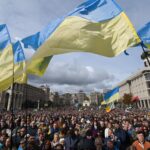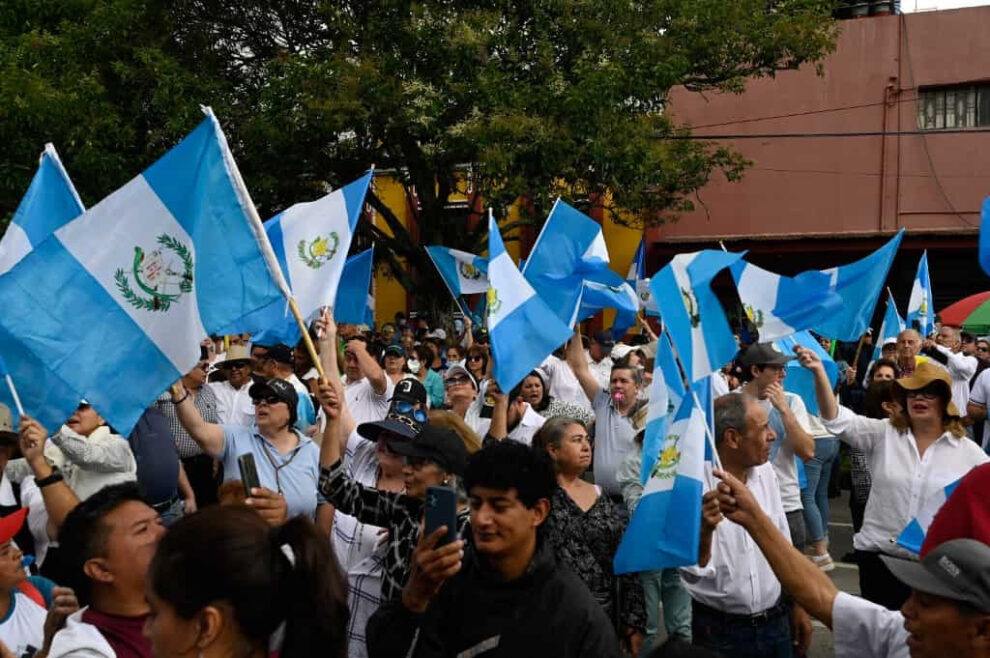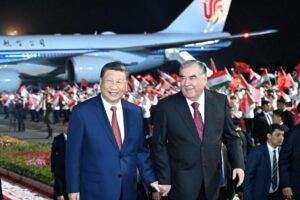Guatemala was on edge this Sunday following an order from its highest court to halt the validation of the results of the presidential elections held on June 25 until allegations of irregularities raised by the right-wing are resolved.
The measure taken by the Constitutional Court (CC), which includes the possibility of annulling the elections, was criticized by both local and international entities.
The CC, whose decisions are final and cannot be appealed, accepted an injunction filed by nine right-wing parties on Saturday night, ordering the Supreme Electoral Tribunal (TSE) to temporarily suspend the “qualification and officialization of results.”
The parties claim that there are over a thousand altered polling station records. This number of records represents 0.82% of the 121,227 processed (out of a total of 122,293) in the vote count, according to official figures.
In the general elections held last Sunday, the social democrats Sandra Torres (15.86%) and Bernardo Arévalo (11.77%) were the most voted candidates among the 22 contenders. The runoff for the presidential elections is scheduled for August 20.
The ruling of the highest court specifies that “a new hearing for the revision of the vote count must be convened, in which authorized parties can present the objections and challenges they consider pertinent.”
In a statement released on Sunday, the TSE announced that it will comply with the court’s resolution, thus “suspending the qualification and officialization of the election results.”
Among the parties that filed the complaint are the ruling party Vamos, which nominated Manuel Conde for the presidency, who ranked third in the race (with 7.84%), and Valor, which fielded Zury Ríos, the daughter of the late dictator Efraín Ríos Montt (1982-1983).
About 50 people, some carrying Guatemalan flags, gathered at the TSE headquarters in the capital on Sunday to demand a new vote count.
“The protest today is because the common citizen has realized that there was fraud. The TSE eliminates a political party that is nobody in the country, that nobody knows,” said retired military officer Boris Lemus.
He was referring to the Semilla Movement, Arévalo’s party, which surprised by coming in second after being ranked eighth in the polls.
Undermining the process
As a security measure, police and military officers, supported by riot control units, guarded the headquarters housing the electoral process operations center in the capital.
In response to the judicial ruling, the U.S. State Department, the European Union’s election observation mission, and the Organization of American States (OAS) expressed concerns about the “judicialization of the electoral process” and called for respect for the will of the people expressed at the ballot box.
According to U.S. Secretary of State Antony Blinken, questioning the elections represents a “grave threat to democracy with far-reaching implications.”
“Actions to interfere with the election results violate the spirit of Guatemala’s Constitution and threaten the legitimacy of its democratic process,” he insisted.
Meanwhile, the OAS questioned the legal action, considering that the challenge should have been made by the political parties’ prosecutors at the Polling Station Boards (JRV) on the day of the elections.
“That situation is exacerbated today by the manipulation of justice to seek the invalidation of an election that, on Sunday, June 25, reflected the popular will,” the OAS stated.
The OAS concluded that “there is no reason to suspect that there were irregularities of such magnitude that would have affected the choices of the electorate in the presidential race.”
On its part, the European Union urged “judicial institutions and political parties to respect the clear will of the citizens, freely expressed in the June 25 elections.”
In response to the international reactions, the Guatemalan Foreign Ministry, in a statement released on Sunday, called for respect for the country’s sovereignty by invoking “the principle of non-intervention in internal affairs.”
Arévalo, in turn, went to the Constitutional Court to request, among other actions, the revocation of the provisional injunction and to be accepted as a third party with an interest in the process to act “in defense of the vote and the framework of legislation, despite it being violated.”
“They intend to act through the courts, disregarding the mandate imposed by the popular will, so that the Semilla Movement can participate in the second round of the presidential election,” said the candidate on Saturday night.
Source : Ticotimes
















